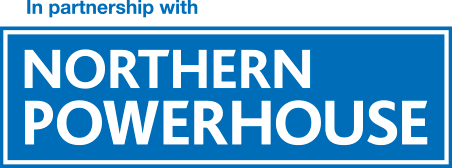SUSTAINABILITY
Home / Sustainability
OUR COMMITMENT TO SUSTAINABILITY
At Nationwide Workwear, we believe in more than just providing high-quality branded workwear and customised clothing. We’re committed to making a positive impact on the planet and society through our sustainable practices. Explore below to learn more about our sustainability initiatives.
At the heart of our company values lies a deep commitment to sustainability. We recognise the importance of preserving our planet for future generations, and we strive to minimise our environmental footprint while promoting ethical practices throughout our operations.
We prioritise energy efficiency in our operations to minimise our carbon footprint. From using energy-efficient machinery to optimising production processes and investing in renewable energy sources for our facilities, we’re committed to reducing energy consumption at every step of the way.
OUR ENVIRONMENTAL POLICY
At Nationwide Workwear, a trading division of The Mina Group Limited, we recognises the significant impact its operations can have on the environment and is dedicated to upholding a responsible environmental policy. Our primary objective is to conduct business operations while minimising any adverse effects on the environment. In line with this commitment, we conscientiously evaluate the environmental implications of all our activities and strive to mitigate them.
Our environmental policy entails the following commitments:
- Ensuring compliance with all relevant environmental legislation.
- Taking measures to prevent pollution of water, air, and land resulting from our operations.
- Meeting our compliance obligations.
- Continually enhancing our environmental performance by improving our environmental management system.
- Establishing objectives to consistently reduce waste, environmental impacts, and carbon emissions. We are dedicated to achieving our global target of Net Zero by 2050 by decreasing carbon emissions across our operations. We are also committed to reducing our use of single-use plastics in both our warehouse operations and the products we offer.
- Allocating appropriate resources to enable the company to realise its environmental goals.
- Considering the potential effects of our operations on the local community.
- Taking action to eliminate or minimise, as far as feasible, any potential environmental risks.
- Promoting environmental awareness among our suppliers, contractors, and partners through the implementation of operational procedures.
- Pursuing a path of continuous improvement in our environmental performance.
- Ensuring that employees are trained and actively involved in managing environmental issues.
- Striving to collaborate with suppliers and the community in a considerate and socially responsible manner.
- Ensuring efficient and prompt incident control, investigation, and reporting.
- Evaluating and addressing the risks and opportunities associated with our operations.
- Considering the expectations of external and internal stakeholders.
The directors, management, and supervisory staff bear the responsibility of communicating and implementing this policy. They must ensure that environmental considerations are adequately integrated into planning and day-to-day operations.
All employees and subcontractors are expected to cooperate and contribute to the implementation of this policy. They should ensure that their work is carried out without posing risks to themselves, others, or the environment. This includes cooperating with management on any environment-related matters.
OUR SUPPLIER BRAND ACCREDITATIONS
View the accreditations of each supplier brand relating to production, manufacturing, supply chain, materials and workforce
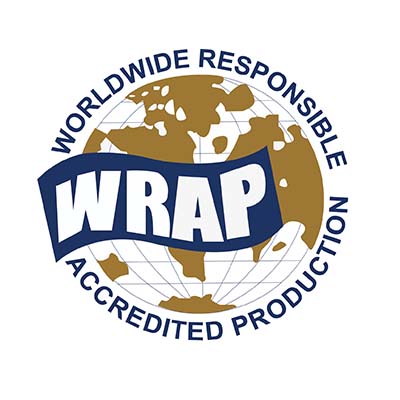
Worldwide Responsible Accredited Production (WRAP)
An independent, objective, non-profit
team of global social compliance experts dedicated to promoting safe, lawful, humane and ethical manufacturing around the world through certification and education.
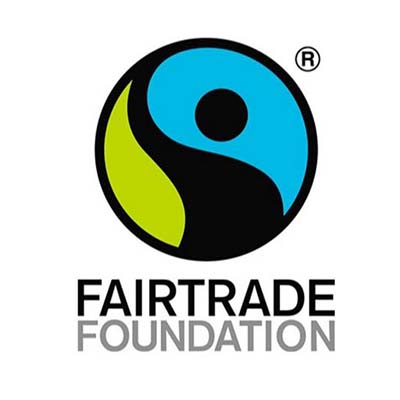
Fairtrade Foundation
A global movement with a strong and active presence in the UK and is about better prices, decent working conditions, local sustainability, and fair terms of trade for farmers and workers in the developing world.
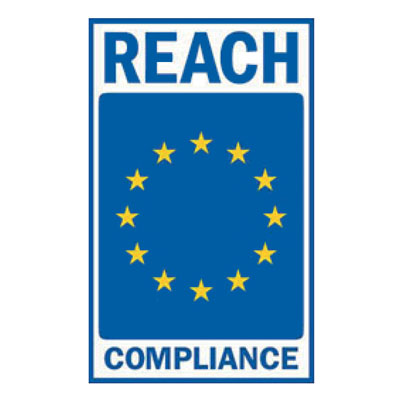
REACH Compliance
REACH aims to improve the protection of human health and the environment through the better and earlier identification of the intrinsic properties of chemical substances.
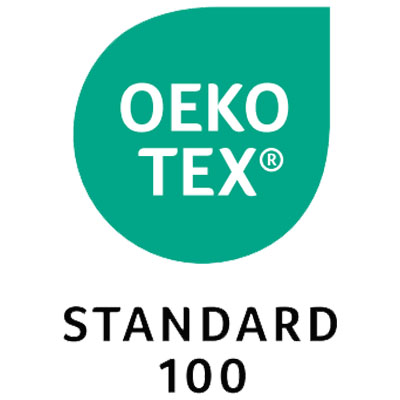
OEKO-TEX Standard 100
An independent certification system that tests textile raw materials, intermediate and end products for harmful substances at all stages of production.
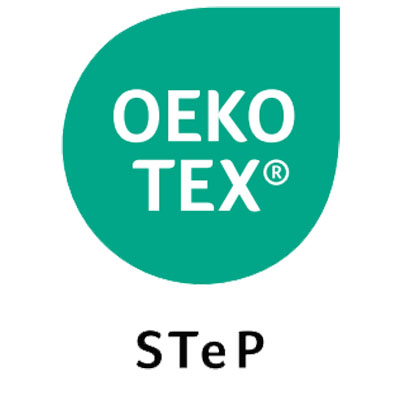
OEKO-TEX STeP
STeP stands for
Sustainable Textile & Leather Production, and is a modular certification
system for production facilities in the textile and leather industry. The goal
is to implement environmentally friendly production processes in the long term,
to improve health and safety and promote socially responsible working
conditions for production sites.
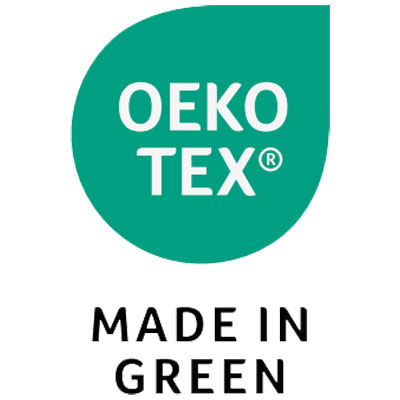
OEKO-TEX Made in Green
A traceable product label for all kinds of textile and leather products, that have been manufactured in environmentally friendly facilities, under safe and socially responsible working conditions. It also reassures consumers that the product is made of materials that have been tested for harmful substances.
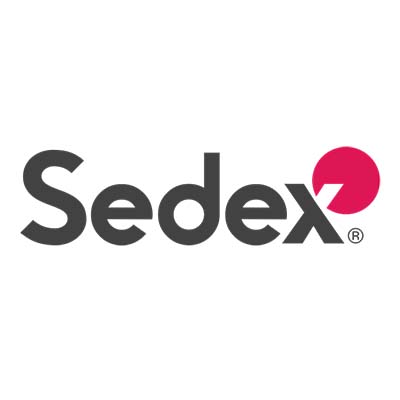
The Supplier Ethical Data Exchange (Sedex)
A global membership organisation dedicated to driving improvements in ethical and responsible business practices in global supply chains.
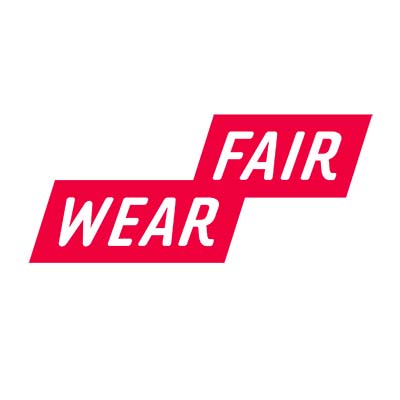
Fair Wear Foundation
An independent organisation that works directly with brands, factories, unions and governments to improve labour conditions globally.
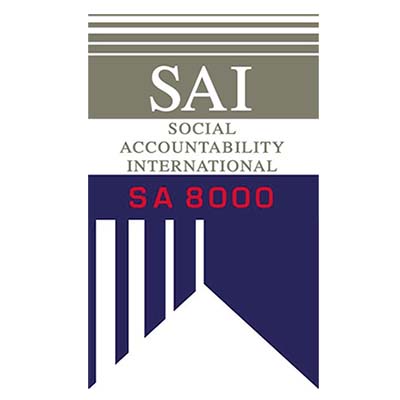
Social Accountability International
The SA8000 Standard is the world’s leading social certification program. It provides a holistic framework allowing organisations of all types, in any industry, and in any country to demonstrate their dedication to the fair treatment of workers.
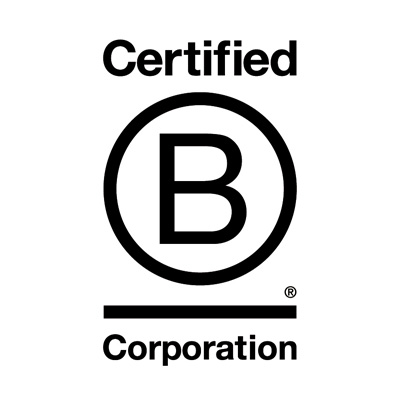
B Corporation
Certified B Corporations, or B Corps, are companies verified by B Lab to meet high standards of social and environmental performance, transparency, and accountability.
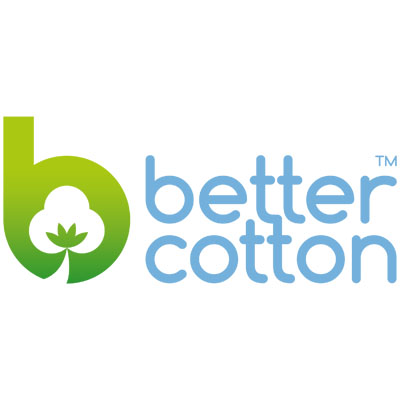
Better Cotton Initiative
Better Cotton™ is the world’s largest cotton sustainability programme. Its mission is to help cotton communities survive and thrive while protecting and restoring the environment. They are making cotton farming a more climate-resilient, environmentally friendly and responsible business.
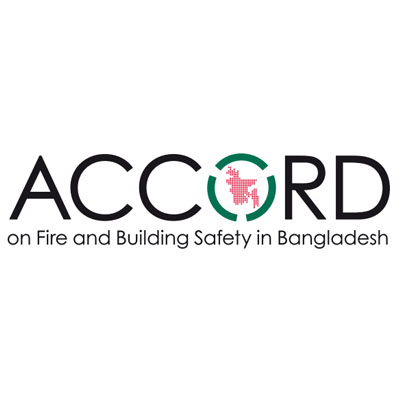
ACCORD
ACCORD helps ready-made garment factories in Bangladesh become safe, and stay safe for millions of workers.
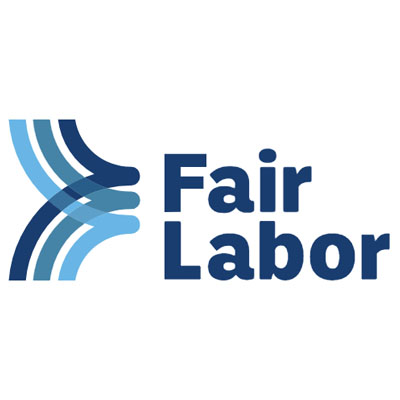
Fair Labor Association
A collaborative effort of universities, civil society organisations and socially responsible companies dedicated to protecting workers’ rights around the world. FLA places the onus on companies to voluntarily meet internationally recognised labour standards.
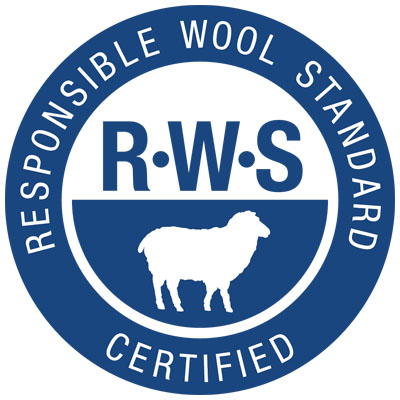
Responsible Wool Standard
An international, voluntary standard that addresses animal welfare in sheep farms and chain of custody of wool, from certified farms, to the final product. Their goal is to create an industry benchmark that will drive improvements in animal care, land management and social welfare. They also want to provide a robust chain of custody so that consumers are confident that the wool in the products they choose is truly RWS.
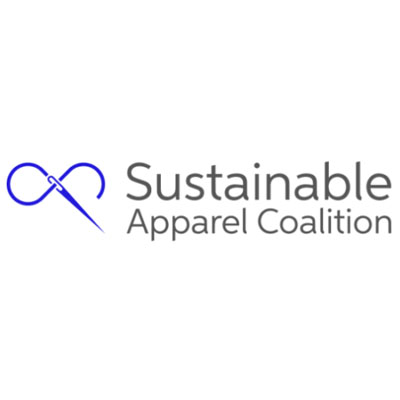
Sustainable Apparel Coalition (SAC)
Bringing together more than 280 global brands, retailers, manufactures and academics, SAC is deeply committed to creating a more sustainable, equitable, and just world for all. Through collective action efforts they enable positive social and environmental impact at scale.
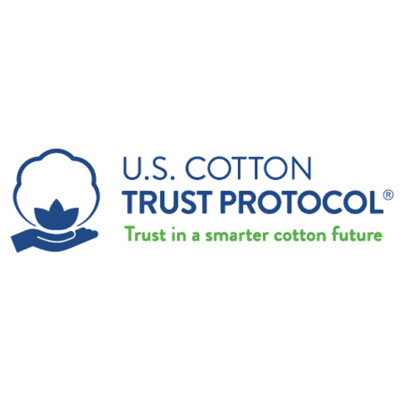
U.S. Cotton Trust
Designed to set a new standard in more sustainably grown cotton, the programs mission is to bring quantifiable and verifiable goals and measurement to the key sustainable metrics of U.S cotton production. Their vision is full transparency and continuous improvement, where improving the environmental footprint is the central goal.
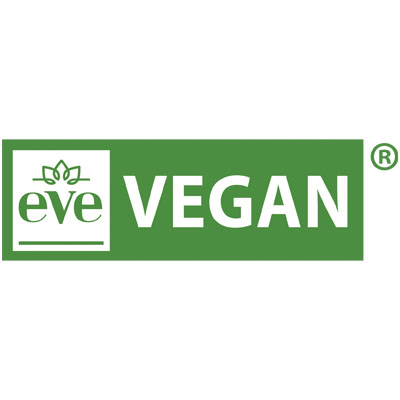
EVE VEGAN®
A voluntary process recognised worldwide by those who are looking for products that are guaranteed to be free from ingredients of animal origin and not tested on animals.
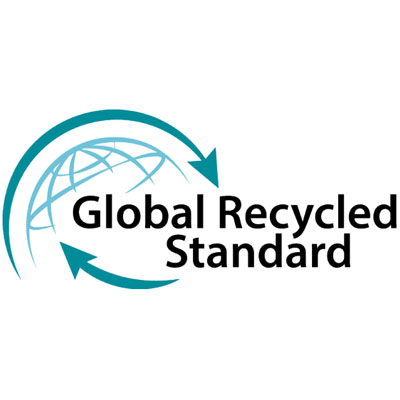
Global Recycled Standard
An international, voluntary standards that set requirements for third-party certification of recycled input and chain of custody.
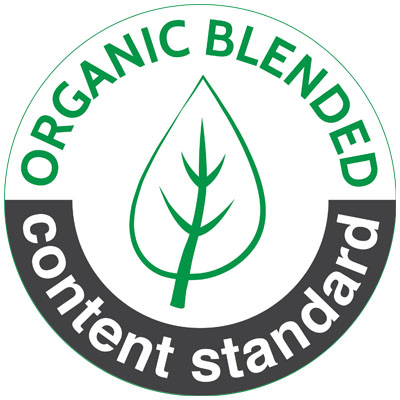
Organic Blended Content Standard
OCS blended means this material is certified to contain a minimum of 5% and a maximum of 94% organic material. OCS is an international, voluntary standard that sets requirements for third-party certification of certified organic input and chain of custody. Their goal is to increase organic agriculture production.
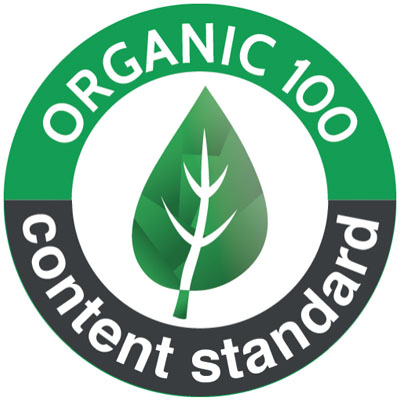
Organic 100 Content Standard
OCS 100 means this material is certified to contain 95% or more organic material. OCS is an international, voluntary standard that sets requirements for third-party certification of certified organic input and chain of custody. Their goal is to increase organic agriculture production.
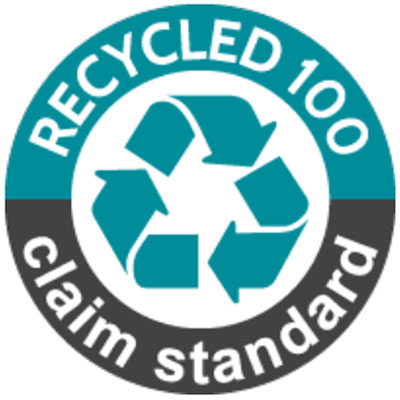
Recycled 100 Claim Standard
RCS 100 means this material is certified to contain 95% or more recycled material. RCS is a chain of custody standard that tracks recycled raw materials through the supply chain. It sets requirements for independent certification of recycled input. Under the standard, each stage of production is required to be certified, beginning at the recycling stage. RCS is an assurance to customers that the claimed recycled materials are indeed recycled.
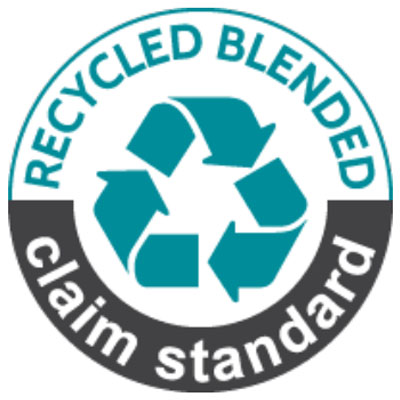
Recycled Blended Claim Standard
RCS blended means this material is certified to contain a minimum of 5% and a maximum of 94% recycled material. RCS is a chain of custody standard that tracks recycled raw materials through the supply chain. It sets requirements for independent certification of recycled input. Under the standard, each stage of production is required to be certified, beginning at the recycling stage. RCS is an assurance to customers that the claimed recycled materials are indeed recycled.
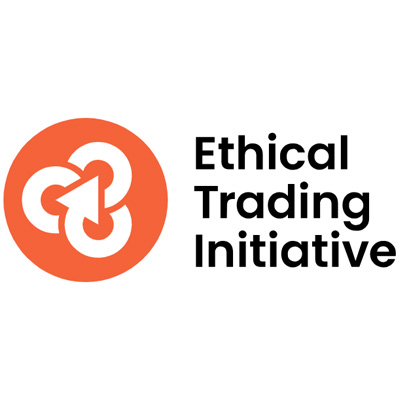
Ethical Trading Initiative
ETI is a leading alliance of companies, trade unions and NGOs that promotes respect for workers’ rights around the globe. The ETI vision is a world where all workers are free from exploitation and discrimination, and enjoy conditions of freedom, security and equity.
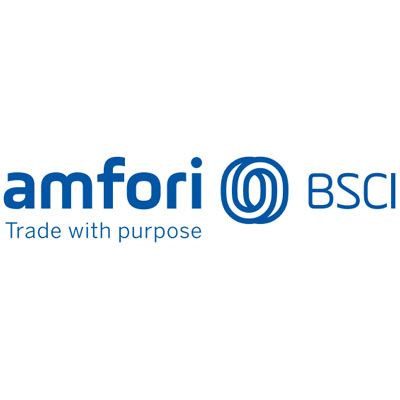
AMFORI – BSCI
A leading supply chain management system that supports companies to drive social compliance and improvements within the factories and farms in their global supply chains.
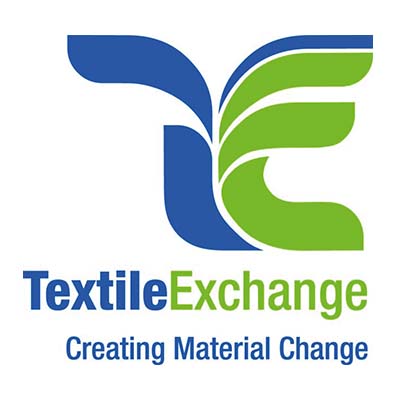
Textile Exchange (TE)
Textile Exchange inspires and equips people to accelerate sustainable practices in the textile value chain. TE focuses on minimising the harmful impacts of the global textile industry and maximising its positive effects.
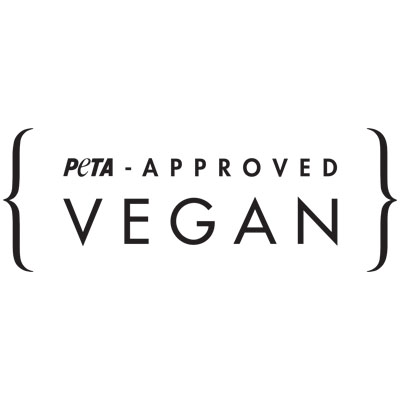
PETA – Approved Vegan
PETA – Approved Vegan allows companies that sell apparel, accessories, furniture or home decor to highlight their vegan offerings, helping consumers find animal-free products at a glance and make purchases that align with their values.
*All accreditations have been provided to Nationwide Workwear by our supplier brands and or distributors and are correct at the time of publication. Nationwide Workwear do not hold these accreditations. Once a garment is decorated the accreditation may no longer be valid.
OUR ACCREDITATION’S
Our status as an industry leader is built upon core competencies that enable us to deliver innovative branded workwear and embellishment solutions for our clients across the entire breadth of the UK.
